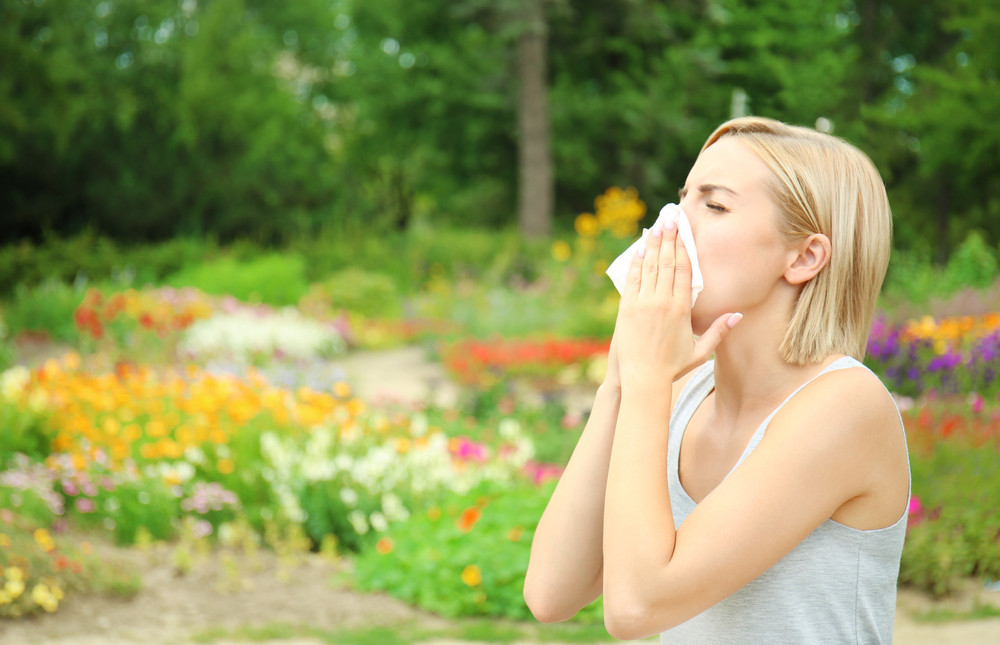If you feel like your seasonal allergies have gotten notably worse over recent years, you’re not alone. It’s normal for allergy sufferers to feel their symptoms begin in the springtime as the plants and trees bloom. However, some people have noticed the allergy season seems to start earlier in the year and cause more severe symptoms than it used to.
Recent data from the Centers for Disease Control’s (CDC) National Center for Health Statistics shows that 25.7% of adults and 18.9% of children in the United States have seasonal allergies. So, there’s a meaningful portion of the population that could be impacted. Take a look below as we explore what the experts have to say about this widespread observation.
What’s the Possible Culprit?
Experts suggest that climate change may be to blame for the worsening allergy season. Weather patterns are changing, and we now have a longer growing season than just a few decades ago. Compared to the 1970s, the time between the last frost of the spring and the first frost of the fall has extended by 19 days on average in 83% of U.S. cities–or nearly three weeks. As a result, there’s now more time each year for plants to produce and spread the pollen that causes seasonal allergies.
In addition, changing wind patterns are allowing pollen to carry over longer distances and to new locations. CNN quotes Dr. Mary Margaret Johnson, a principal research scientist at the Harvard T.H. Chan School of Public Health, as stating that this might cause people to be exposed to new types of pollen.
Even back in 2010, the National Wildlife Federation released a report warning that an increase of carbon dioxide in the atmosphere could cause ragweed pollen, the allergen for 75% of people with hay fever, to become more allergenic.
CNN also shares the claims of Dr. Leonard Bielory, an allergist and professor at the Hackensack Meridian School of Medicine. Bielory states that he and his colleagues found that the number of allergens people are sensitive to has doubled over the past 25 years.
Overall, there are many doctors sharing anecdotal evidence that the prevalence of seasonal allergies is up and symptoms are worsening in their patients. However, more research and long-term studies will need to be conducted to determine the exact rate at which seasonal allergy is worsening.
What Can People Do?
Allergy sufferers can minimize the effects of allergies by monitoring pollen counts in their area and avoiding spending time outdoors when levels are high. When you do spend time outdoors, consider changing clothes when you enter the home to avoid spreading it throughout your house and belongings.
Over-the-counter tablets and nasal sprays can help to treat the symptoms, and people with severe allergies may need to speak with an allergist to discuss more advanced options like immunotherapy.
Millions of people in the United States suffer from seasonal allergies, and unfortunately, there is no cure for the ailment. Moreover, people should prepare for the allergy season to lengthen and worsen as the effects of climate change take hold in the coming decades.

